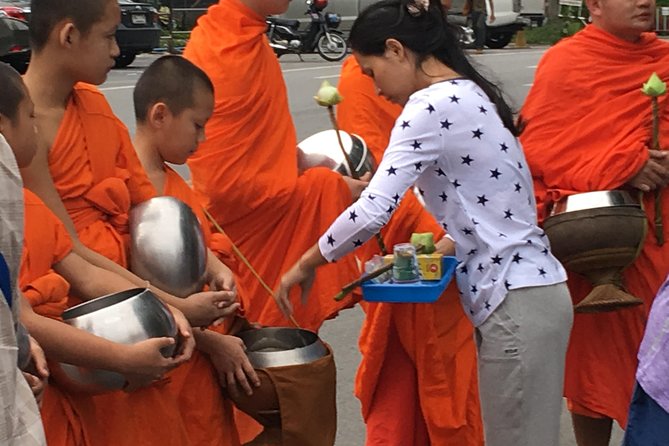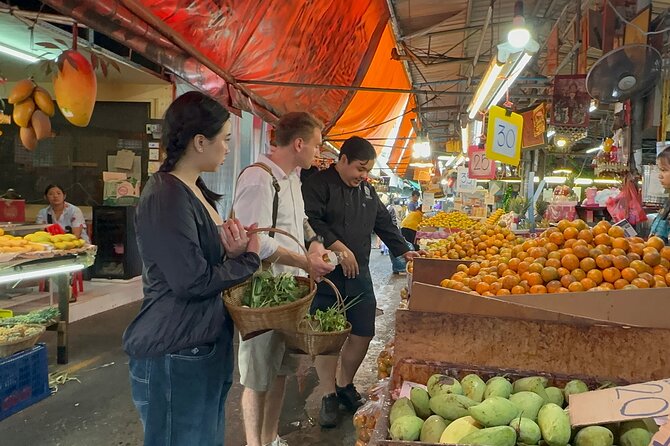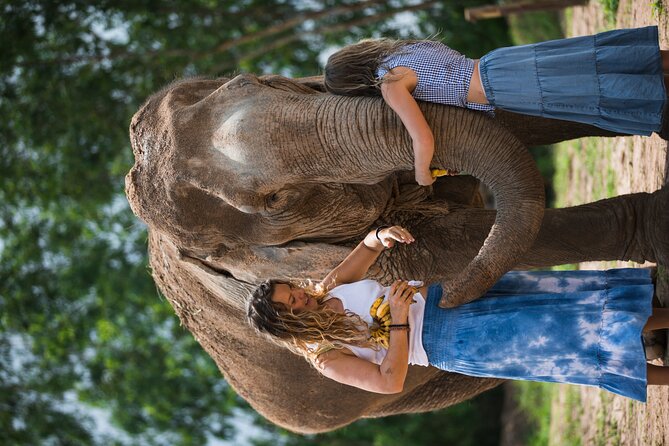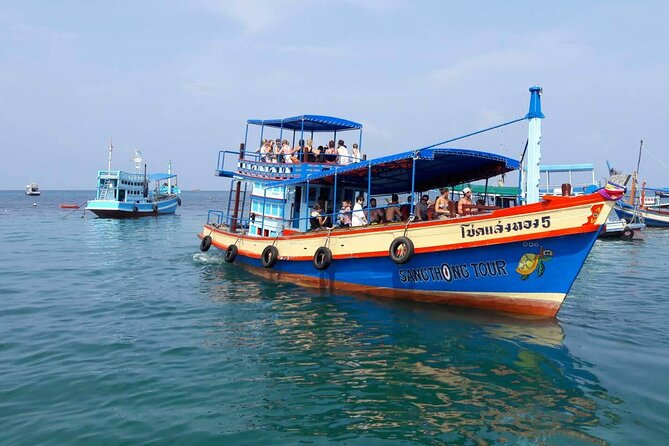Nia Bali Seminyak Cooking Class, led by the knowledgeable instructor Tommy Ford, offers guests the opportunity to learn about Balinese cuisine, culture, and history while preparing and enjoying delicious food.
Located in the heart of Seminyak, this popular culinary experience provides practical cooking skills and a deeper understanding of local traditions and flavors.
With an overall rating of 5.0 based on 84 reviews, Nia Bali Seminyak Cooking Class promises a memorable and flavorful experience for food enthusiasts and those looking to enjoy the local culture.
Key Takeaways
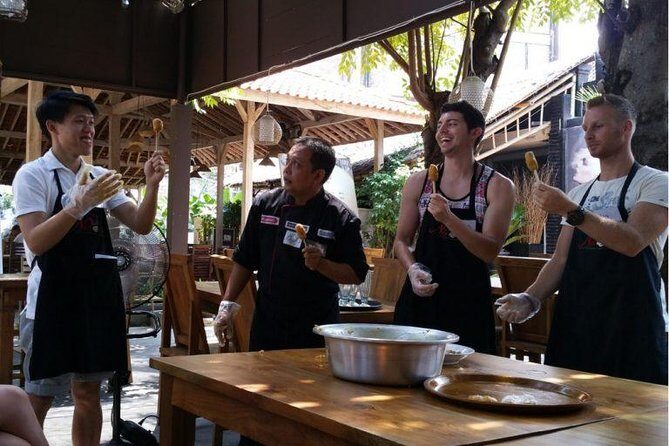
- Balinese cuisine has a rich and diverse history, influenced by various cultures and traditions.
- Traditional Balinese ingredients and spices, such as Bumbu Bali and Galangal, play a vital role in creating the unique flavors of Balinese cuisine.
- Balinese cooking techniques emphasize presentation and participants in the Nia Bali Seminyak Cooking Class learn hands-on cooking lessons led by experienced instructors.
- After preparing traditional Balinese dishes, participants enjoy a delectable Balinese feast and tasting, immersing themselves in the true essence of Balinese cuisine.
The History and Origins of Balinese Cuisine

Tommy Ford, the instructor at Nia Bali Seminyak Cooking Class, imparts his extensive knowledge of the history and origins of Balinese cuisine, making the learning experience even more enriching for the participants.
Balinese culinary traditions have a rich and diverse history, influenced by various cultures and traditions. Balinese cuisine is known for its use of aromatic spices, fresh ingredients, and intricate cooking techniques. The island’s fertile soil and favorable climate have allowed for the cultivation of an abundance of tropical fruits, vegetables, and herbs, which are integral to the dishes.
Balinese cuisine has also had a significant impact on Indonesian cuisine as a whole, with its flavors and cooking methods being adopted and incorporated into the wider culinary traditions of the country.
Exploring the history and origins of Balinese cuisine provides a deeper understanding and appreciation for the unique flavors and cultural heritage of this vibrant cuisine.
Traditional Balinese Ingredients and Spices
Balinese cuisine incorporates traditional ingredients and spices, giving dishes a distinct and flavorful taste. Balinese cooking traditions have been passed down through generations, preserving the unique flavors and techniques that make this cuisine so special.
When it comes to popular Balinese spices, there are several key ingredients that are essential in creating the authentic taste of Balinese dishes. These include:
-
Bumbu Bali: A traditional spice paste made from a combination of shallots, garlic, chili peppers, turmeric, ginger, and shrimp paste. It forms the base for many Balinese recipes.
-
Kencur: A type of aromatic ginger that adds a subtle, earthy flavor to dishes.
-
Lemongrass: Known for its citrusy aroma, lemongrass is often used in Balinese soups and curries.
-
Galangal: Similar to ginger, galangal has a unique, peppery flavor and is commonly used in Balinese marinades and spice pastes.
These popular Balinese spices are key components in creating the rich, aromatic flavors that define Balinese cuisine.
Step-by-Step Balinese Cooking Techniques
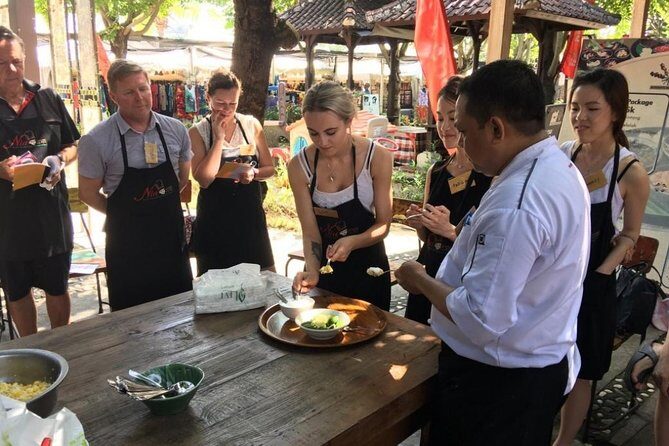
The instructor guides participants through step-by-step cooking techniques to master the flavors of Balinese cuisine. Balinese cooking is not just about the taste, but also about the presentation. The importance of presentation in Balinese cuisine is emphasized, as it adds to the overall dining experience. Vibrant colors, intricate garnishes, and artistic plating are key elements in Balinese food presentation.
Along With learning the techniques, the cooking class also explores vegetarian options in Balinese cooking. Balinese cuisine offers a variety of vegetarian dishes that are full of flavor and texture. From vegetable stir-fries to tofu and tempeh dishes, participants have the opportunity to discover the deliciousness of vegetarian Balinese cuisine.
The table below showcases some of the vegetarian options that participants can explore during the cooking class:
| Vegetarian Options | Description |
|---|---|
| Sayur Urab | Mixed vegetables with grated coconut and spices |
| Tofu Satay | Grilled skewers of marinated tofu served with peanut sauce |
| Gado-Gado | Assorted boiled vegetables with peanut sauce |
Signature Balinese Dishes You’ll Learn to Cook

Participants in the cooking class will learn how to cook signature Balinese dishes, such as Babi Guling and Sate Lilit, while exploring the rich flavors and techniques of the cuisine. Balinese cooking classes offer a unique opportunity to delve into the traditional Balinese recipes and master the art of creating authentic dishes.
Here are some key highlights of the culinary experience:
- Hands-on cooking lessons led by experienced instructors
- Introduction to Balinese ingredients and spices
- Step-by-step guidance in preparing iconic dishes
- Insight into the cultural significance of Balinese cuisine
During the class, participants won’t only develop their culinary skills but also gain a deeper understanding of Balinese culture and traditions. Whether it’s mastering the art of spice blending or perfecting the technique of grilling, these cooking classes offer a truly immersive experience into the world of Balinese cuisine.
Tips and Tricks for Creating Authentic Balinese Flavors

To create authentic Balinese flavors, aspiring chefs can learn valuable tips and tricks from experienced instructors during the cooking class. Balinese cuisine is known for its unique combination of flavors and spices, which are derived from a rich culinary heritage. The origins of Balinese cuisine can be traced back to the diverse influences of Indonesian, Indian, Chinese, and European culinary traditions. During the cooking class, you will have the opportunity to learn about the traditional Balinese cooking techniques and ingredients that contribute to the distinct flavors of the cuisine. The instructors will share their knowledge and expertise, teaching students how to use spices like turmeric, lemongrass, and ginger to create delicious dishes. By learning these tips and tricks, you will be able to recreate the authentic flavors of Balinese cuisine in their own kitchens.
| Benefits of Cooking Class | Tips and Tricks Learned |
|---|---|
| Learn authentic Balinese flavors | Use spices like turmeric and lemongrass |
| Discover traditional Balinese cooking techniques | Incorporate ginger into dishes |
| Understand the origins of Balinese cuisine | Balance flavors with tamarind |
| Enhance culinary skills | Cook with traditional Balinese techniques |
| Experience the rich flavors of Balinese cuisine | Incorporate local ingredients |
Enjoying the Fruits of Your Labor: Balinese Feast and Tasting
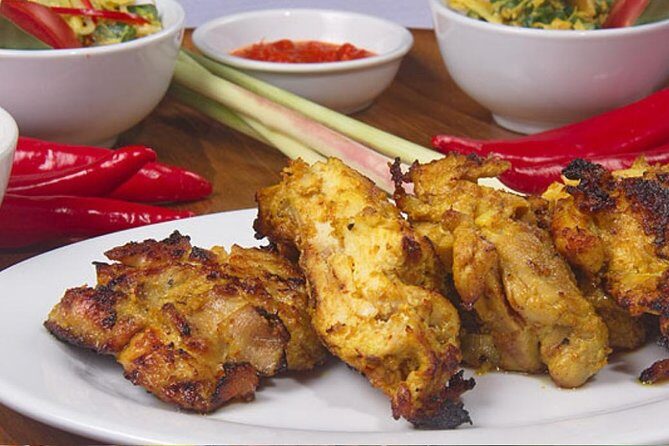
After preparing a variety of traditional Balinese dishes, the participants at the Nia Bali Seminyak Cooking Class enjoyed a delectable Balinese feast and tasting, savoring the fruits of their labor.
They were able to experience the true essence of Balinese cuisine, as they learned and applied authentic Balinese cooking techniques to create flavorful dishes.
The feast showcased the rich and vibrant flavors that are characteristic of Balinese cuisine, with dishes such as Nasi Goreng, Sate Lilit, and Babi Guling. The participants indulged in the aromatic spices, fresh ingredients, and bold flavors that make Balinese food unique.
It was a truly immersive and satisfying experience, where they not only learned about Balinese cooking but also got to appreciate the cultural significance of the dishes they prepared.
Frequently Asked Questions
What Is the Duration of the Nia Bali Seminyak Cooking Class?
The duration of the Nia Bali Seminyak Cooking Class is not mentioned in the provided information. To find out the duration and schedule of the class, it is recommended to contact the organizers directly.
Is Transportation Provided From Airbnb Accommodations to the Cooking Class?
Yes, transportation is provided from Airbnb accommodations to the cooking class. This service ensures convenient and smooth transportation for guests staying at Airbnb accommodations, simplifying the pick-up process.
Are There Any Dietary Restrictions or Accommodations Available for the Cooking Class?
There are dietary restrictions and accommodations available for the cooking class. This ensures that guests with specific dietary needs can still participate and enjoy the experience.
Can Children Participate in the Nia Bali Seminyak Cooking Class?
Children are welcome to participate in the Nia Bali Seminyak Cooking Class, but there may be age restrictions. It is best to check with the provider for specific guidelines and requirements regarding children’s participation.
Are There Any Additional Costs or Fees Associated With the Cooking Class?
There may be additional costs or fees associated with the cooking class. It’s best to check with the organizer for more information on any extra expenses that may be involved.
The Sum Up
To sum it up, Nia Bali Seminyak Cooking Class offers an incredible opportunity to delve into the rich culinary traditions of Bali. Led by the knowledgeable instructor, Tommy Ford, guests not only learn how to prepare delicious Balinese dishes but also gain a deeper understanding of the local culture and flavors. With its positive reviews and well-organized activities, this cooking class guarantees a memorable and flavorful experience for both individuals and groups.
To create internal links in my website, I randomly selected three page URLs from my list of recommendations:
-
Khmer Cooking Class at a Local’s Home in Krong Siem Reap: This cooking class in Krong Siem Reap offers an authentic experience of Khmer cuisine, allowing participants to learn from a local while immersed in the vibrant culture of Cambodia.
-
5 Traditional Dishes Hanoi Cooking Class with Market Trip: Experience the bustling markets of Hanoi and learn how to cook five traditional Vietnamese dishes in this immersive cooking class.
-
Half-Day Cooking Class in Thamel, Kathmandu: Enjoy the flavors of Nepal with this half-day cooking class in Thamel, Kathmandu. Learn to prepare authentic Nepalese dishes and discover the unique spices and ingredients used in the local cuisine.
These additional cooking classes offer a diverse range of culinary experiences, from Khmer cuisine in Cambodia to traditional Vietnamese dishes in Hanoi and authentic Nepalese cooking in Kathmandu. By exploring these different options, visitors can further expand their knowledge and appreciation of Asian cuisine.
Don’t miss out on the chance to explore these exciting cooking class opportunities and discover the flavors of Asia.

